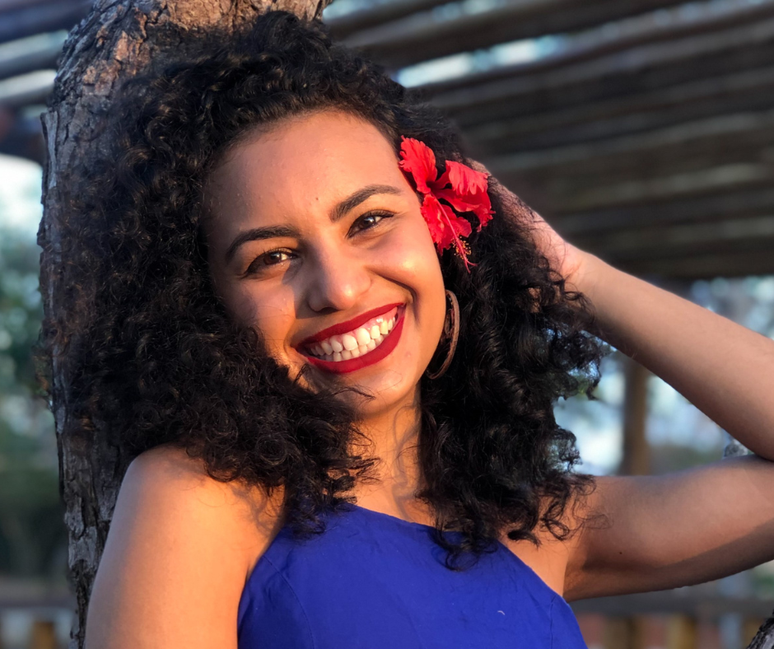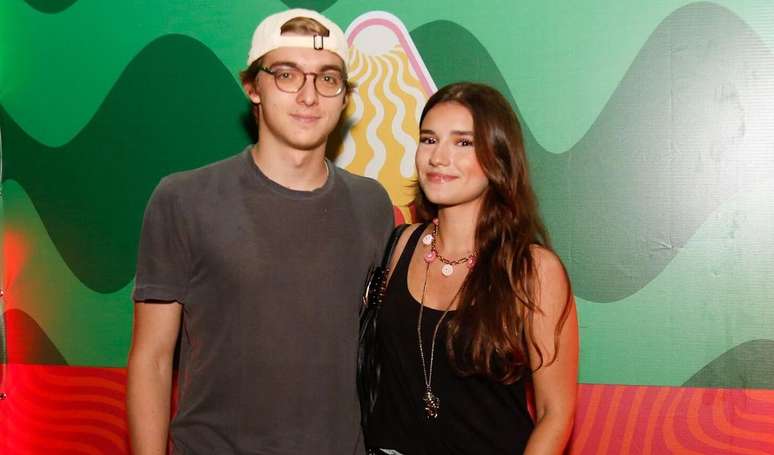The unusual way of starting the lesson on African culture attracted attention not only for what the students explained they knew about the continent
“What do you think when I say ‘Africa’?” It was with this question that history teacher Lavínia Rocha went viral on social media. The unusual way in which the 25-year-old writer began the lesson on the culture of the continent attracted attention not only for what the 9- and 10-year-old students exhibited: “thin people”, “poverty”, “enslaved people “-, but also for the change of perception after class.
“We always feel that knowledge liberates, and this experience with the fifth grade showed me that in practice,” emphasizes Lavínia, in an interview with Earth.
Asked again what they imagined when they heard “Africa”, the students presented other references, such as: knowledge in agriculture, wealth in salt and gold, resistance and culture, clans, Egypt, Nigeria and the Nile River.
“It was very important to follow their growth during lessons on the African continent,” he adds.
Now 25, Lavínia Rocha stands out for using her own methodologies in teaching African history. By teaching children to have a positive view of the continent, she shows the transformative power that anti-racist education can bring to society.
The different way of teaching has ensured the teacher not only visibility, but also the Perestroika prize, in the Basic Education category. The national honor recognizes teachers with innovative initiatives and practices in education.
-
Lesson on the African continent.
Photo: Lavinia Rocha personal archive
-
Lesson on the African continent.
Photo: Lavinia Rocha personal archive
Share
Pedagogy of affection
Proximity to students and using the knowledge they have to build classrooms are not loose practices. Lavínia has already published 13 books for children and adults, in a career that began at the age of 11.
Also motivated by her love for the subject she teaches, she starts looking for other ways to engage students in the classroom. Hence dances for TikTok were born at the end of the activities, creative activities and even a “Lavigames”, a sort of question and answer tournament.
The relationship between the teacher and the students is so great that today they line up to be used as an example in the classroom.
“One time they complained when the bell rang and the next lesson was PE. That day I said, ‘Today I won,'” he jokes.
Teaches Afro-Brazilian history and culture
Despite its success among students and on the Internet, teaching Afro-Brazilian and African culture in schools is still not a commitment taken seriously by Brazil. Research conducted by the Alana Institute and the Geledés Instituto da Mulher Negra show that 71% of the Municipal Education Departments of the country do not comply with Law 10.639/03, which 20 years ago included this subject in schools.
On the other hand, Professor Míghian Danae Ferreira Nunes, of the International University for the Integration of Afro-Brazilian Lusophony, underlines how a light, didactic approach close to the students is positive for teaching.
“It is very important to include topics that address ethnic-racial relations, of African origin and that concern the population of black people, in order to engage the full attention of students in the classroom,” he evaluates.
Source: Terra
Rose James is a Gossipify movie and series reviewer known for her in-depth analysis and unique perspective on the latest releases. With a background in film studies, she provides engaging and informative reviews, and keeps readers up to date with industry trends and emerging talents.







